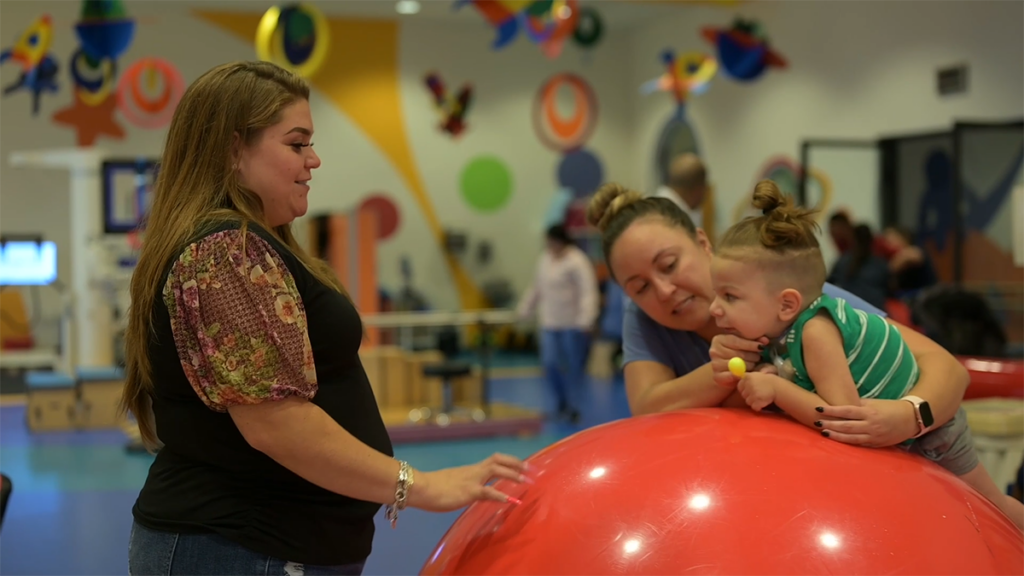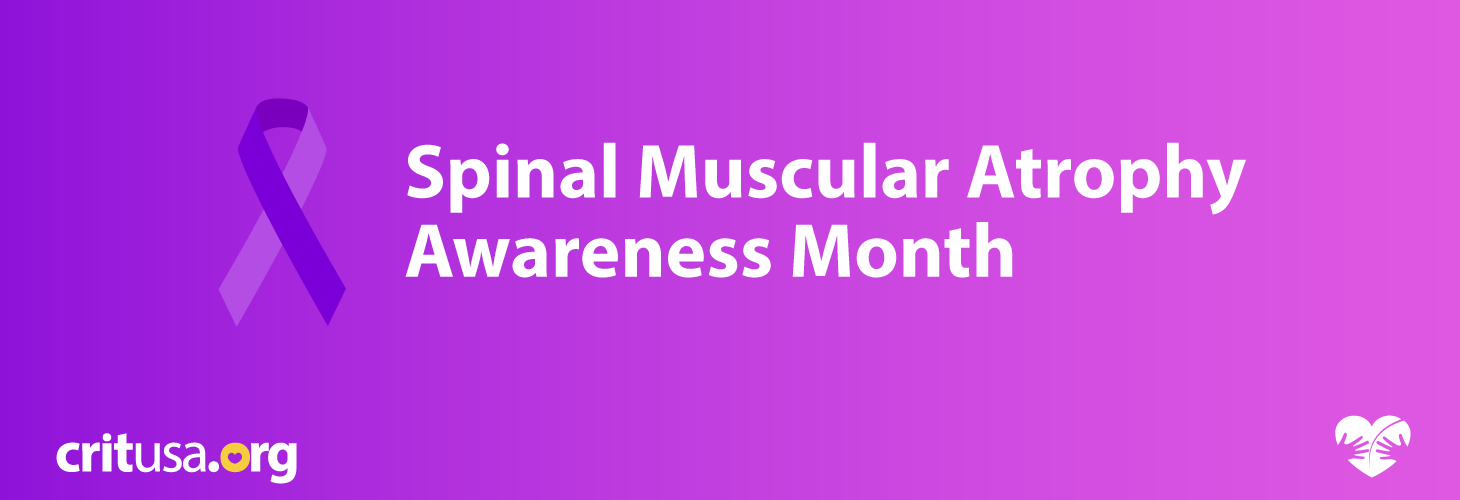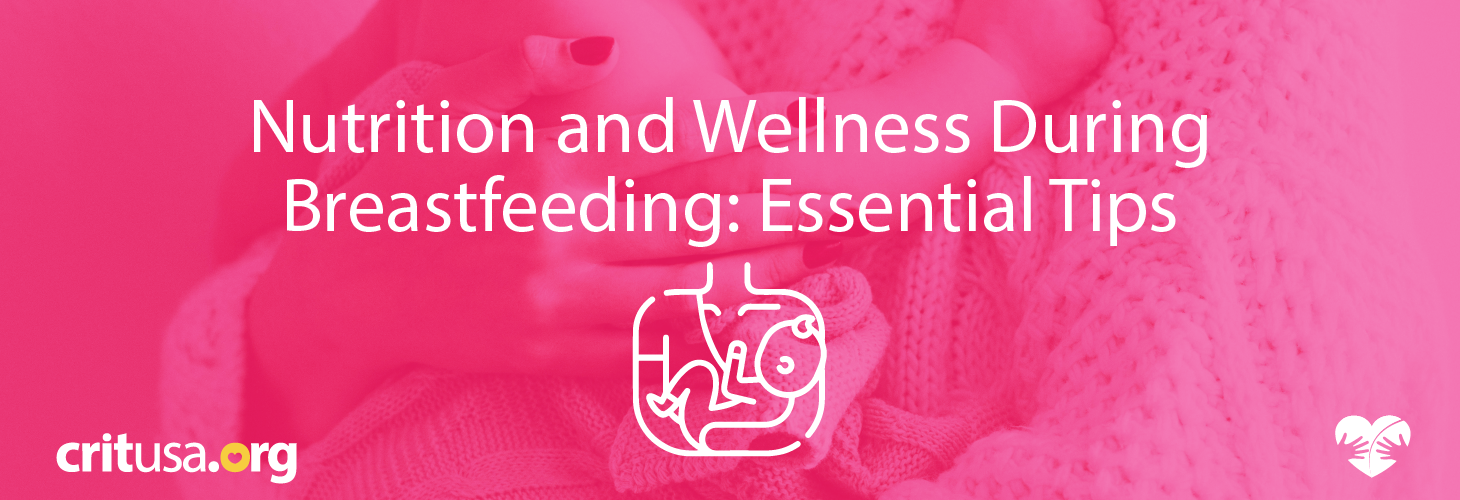August is dedicated to raising awareness about Spinal Muscular Atrophy (SMA), a genetic condition significantly impacting motor neuron function. It’s also a time to celebrate the progress made in SMA research, offering hope and optimism. SMA affects the nerve cells connecting the brain to the muscles, which are crucial for breathing, walking, and swallowing. As we delve deeper into understanding SMA, we must recognize how it manifests across different age groups, from infants to adults.
Understanding SMA:
Spinal Muscular Atrophy is caused by a mutation in the SMN1 gene, essential for producing a protein that maintains the health of motor neurons. A deficiency in this protein leads to weakened motor neurons, diminishing muscle strength and movement, and causing muscle wasting. The severity of SMA ranges across five types, from the prenatal challenges of Type 0 to the late-onset symptoms of Type 4 in adults.
Mateo’s Story:
Mateo’s journey embodies the resilience and hope specialized therapy can bring to children with SMA. Diagnosed with significant challenges such as scoliosis, which affected his balance and mobility, Mateo began therapy at CRIT in March 2022. Since then, he has made remarkable strides. Initially struggling with limited vocabulary and communication, Mateo has flourished in speech therapy, mastering language skills at par with his peers and overcoming his oral aversions. His occupational and physical therapy progress has slowed his scoliosis and enhanced his motor skills, allowing him more independence with his new custom wheelchair. Mateo’s story is a testament to the transformative impact of dedicated therapeutic support.

Watch Mateo’s progress here.
Your contributions play a pivotal role in our continuing support of children like Mateo. During Spinal Muscular Atrophy Awareness Month, we invite you to help us extend our reach and enhance our services. Each donation ensures that children with SMA receive the care they need to thrive without boundaries. Join us in making a difference by donating today at https://critusa.org/donar/
Every child deserves the opportunity to reach their fullest potential. With your support, CRIT can continue to provide groundbreaking care and hope to many more children like Mateo. Together, we can build a world of greater compassion and hope, empowering children with SMA to lead fulfilling lives.
Thank you for your ongoing support and for being part of our community. Your commitment to our cause is invaluable; we are changing lives together.


